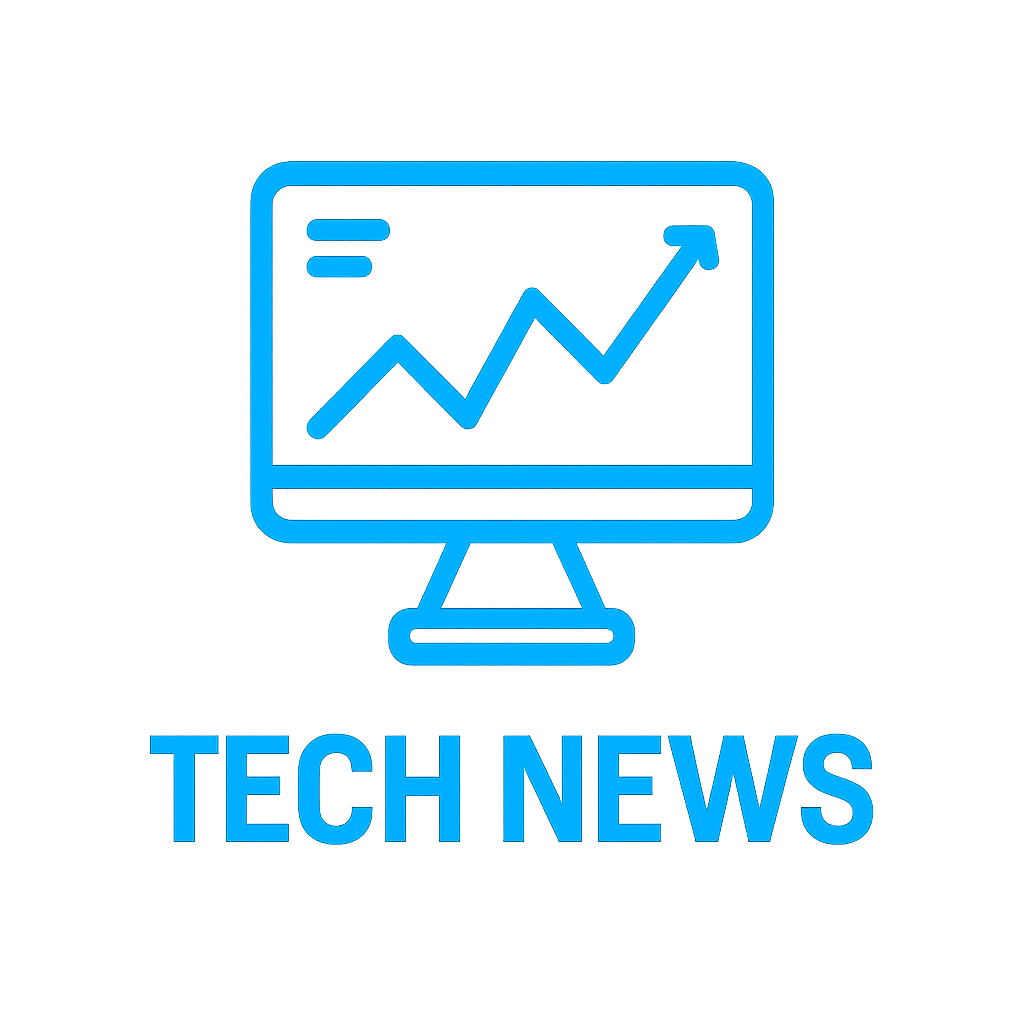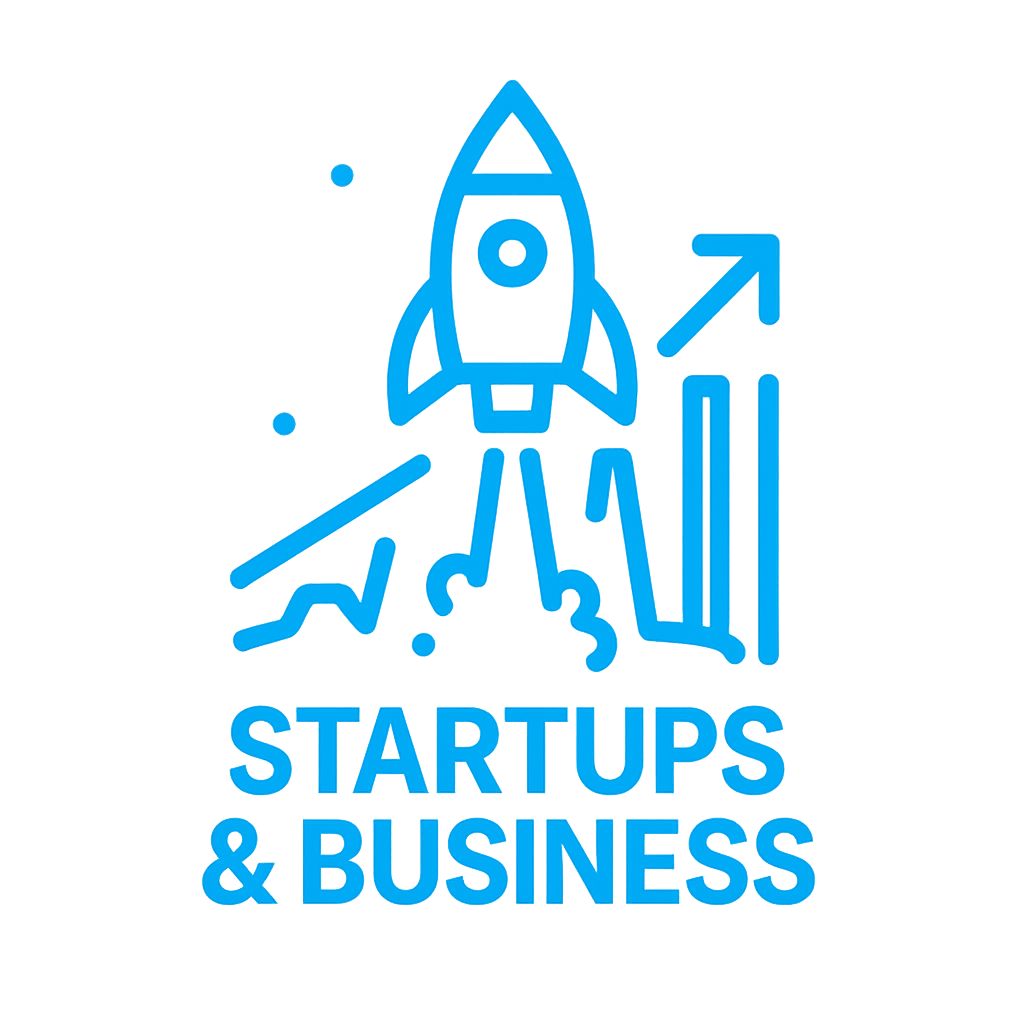TrendCircuit Plug Into the Pulse of U.S. Tech Trends














"These are the signals everyone’s tuning into"
Picture this: It’s a bustling Saturday afternoon at Costco. Shoppers navigate oversized carts through wide aisles, brimming with bulk items — family-sized cereals, multi-packs of paper towels, and enough bottled water to survive a small apocalypse. As usual, the checkout lines stretch past the electronics section. But something’s different this time.
In a strategic move that highlights the growing global significance of advanced manufacturing, Australian tech firm Titomic has announced Huntsville, Alabama, as the home of its new U.S. headquarters. The decision marks a pivotal step in the company’s North American expansion and reflects Huntsville’s rising profile as a hub for high-tech industries, particularly aerospace, defense, and innovation manufacturing.
Orlando, FL — The Orange County Convention Center buzzed with excitement this morning as InfoComm 2025 officially opened its doors. With more than 800 exhibitors and 250 expert speakers, this year’s edition of the biggest pro audiovisual trade show in the U.S. promises a deep dive into the future of AV innovation, collaboration, and immersive experience.
In a significant boost to the socially responsible fintech sector, Kashable — a New York-based startup offering affordable workplace loans — has announced the successful securing of a $250 million credit facility. The financing round is led by global investment bank Nomura, with participation from other institutional investors. This capital injection will support Kashable’s mission to broaden access to fair, low-cost credit for working Americans through its employer-integrated lending platform.
The relationship between two of America’s most polarizing figures — President Donald Trump and Tesla CEO Elon Musk — has taken a sharp and public turn. Following Musk’s criticism of Trump’s latest multi-trillion-dollar spending bill, the President responded in kind, threatening to revoke key subsidies that support Musk’s companies, most notably Tesla and SpaceX. The fallout was swift and severe, sending shockwaves through the tech and financial worlds alike.
In a climate of mounting technological competition, Alex Karp, CEO of Palantir Technologies, has issued a stark warning to American policymakers and tech leaders: win the artificial intelligence race, or risk ceding global dominance to China. As the pace of innovation accelerates, Karp argues that hesitation and overregulation could cripple the United States at a time when leadership in AI has implications beyond business — touching national security, economic strength, and global influence.
In a striking announcement that sent ripples through both defense and diplomatic circles, President Donald Trump revealed plans for a sweeping new initiative: the Golden Dome, a space-based missile defense shield that aims to detect and neutralize incoming threats from orbit. Pegged at an estimated cost of $175 billion, the program marks a significant escalation in the United States' efforts to deter rising threats from long-range and hypersonic missiles.
In a significant leap toward the future of sustainable flight, researchers at the Massachusetts Institute of Technology (MIT) have announced the development of a new type of fuel cell based on liquid sodium. With an energy density exceeding 1,000 Wh/kg, this innovation could drastically alter the landscape of electric regional aviation, offering a lightweight and efficient alternative to traditional lithium-ion batteries.
Red Hat, a pioneer in open-source enterprise solutions, has unveiled its latest innovation: Lightspeed, an AI-powered tool aimed at transforming how system administrators manage complex IT environments. With the rise of hybrid cloud infrastructure and increasing demand for automation, Lightspeed arrives as a timely solution for organizations seeking intelligent, scalable system management.
In a historic milestone for the future of aviation, Boom Supersonic has successfully completed a test flight of its XB-1 demonstrator aircraft, nicknamed "Baby Boom." The test, which took place in January 2025, marks the first time in over two decades that a privately developed supersonic jet has broken the sound barrier — a significant achievement as the company races to bring commercial supersonic travel back to the skies.